09 Oct Congress Passes Bill Loosening Restrictions on Drug Pricing Information
In September of 2018, the U.S. House of Representatives passed two bills that would prevent pharmacy managers of using the gag clause with pharmaceuticals and prescriptions covered by insurance. The gag clauses restrict the pharmacist from telling customers they could pay less for a prescription, if they paid the full price of the drug, out-of-pocket, rather than using their insurance and paying the co-pay.
The Patient Right to Know Drug Prices Act applies to group plans sponsored by employers and plans in the individual market. Both bills passed the Senate earlier this month, and are headed to the President Trump’s desk to be signed into law. The President has expressed his support for the bill.
Earlier this year, CMS Administrator Seema Verma sent a letter to all Medicare Part D plan sponsors telling them the agency’s existing policy requires them to ensure enrollees pay the lesser of the Part D negotiated price or copay, or be subject to CMS compliance actions. Also, Part D plan sponsors must tell their network pharmacies to disclose the price of the lowest cost of the drug.
Prescription drug spending has been rising over the years. Nearly 60 percent of Americans, including roughly 90 percent of seniors, take prescription drugs. A study published in the Journal of the American Medical Association found that 23 percent of prescriptions filled through insurance ended up costing more for customers than if they had paid out-of-pocket.
“Who would think that using your debit card to buy your prescription drugs would be less expensive than using your insurance card? It’s counterintuitive,” said Senator Susan Collins of Maine, sponsor of the Patient Right to Know Drug Prices Act and a cosponsor of the Know the Lowest Price Act. “Americans have the right to know which payment method provides the most savings when purchasing their prescription drugs.”
A 2016 industry survey found that nearly 20 percent of pharmacists were limited by gag clauses more than 50 times per month, according to information on Collins’ website.
“It’s wrong that a person overpays for their medication simply because their pharmacist is not allowed to tell them they could pay a lower price with cash instead of insurance,” said Senator Debbie Stabenow of Michigan.
Support for ending the gag clause restriction has come from numerous organizations including the National Community Pharmacists Association, the American Medical Association, The Alliance for Transparent and Affordable Prescriptions, the ERISA Industry Committee, the Pharmaceutical Care Management Association, America’s Health Insurance Plans and patient groups.




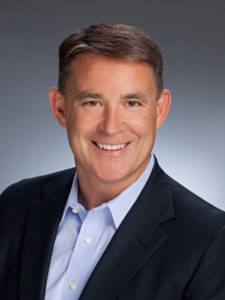


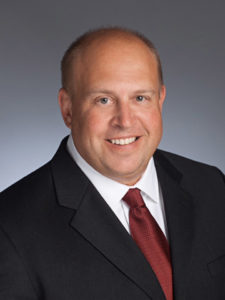


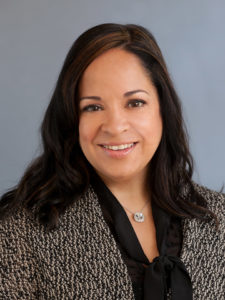

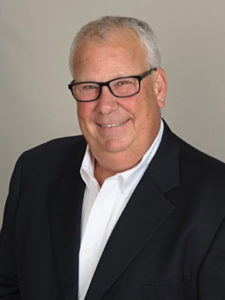
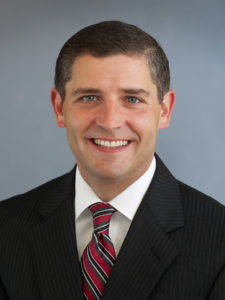
No Comments